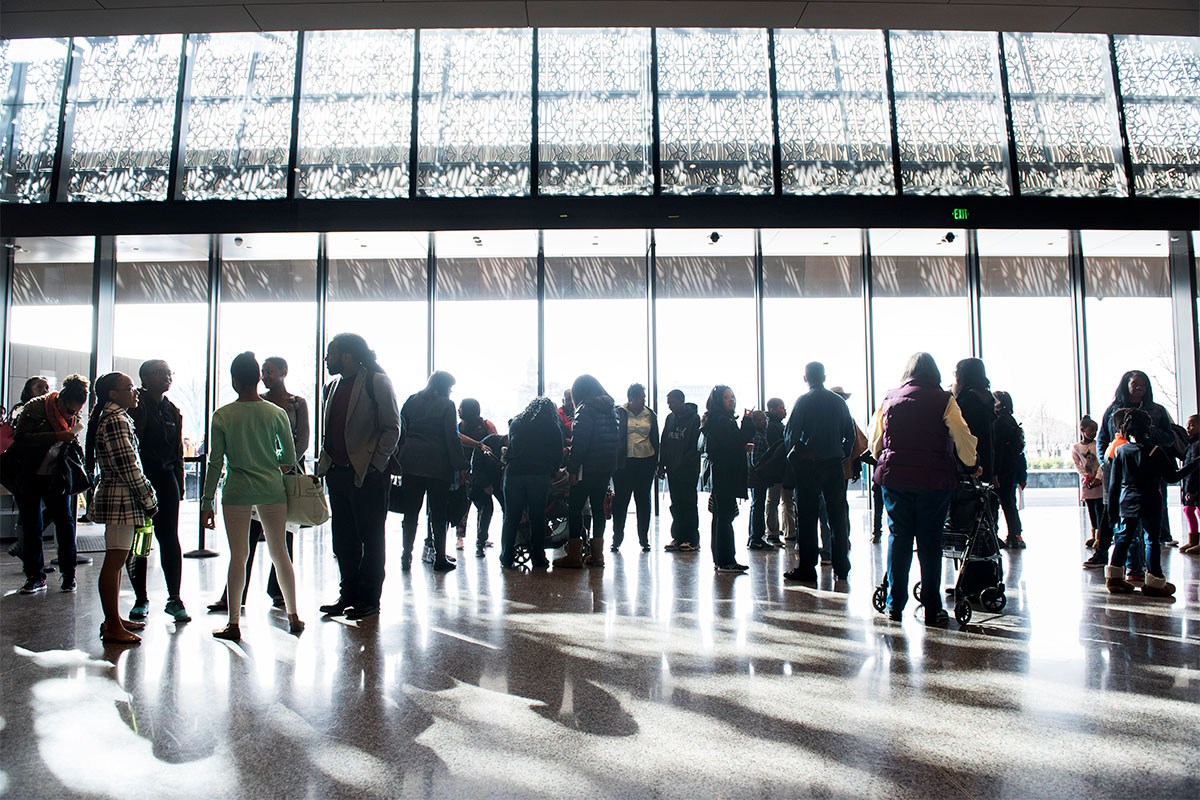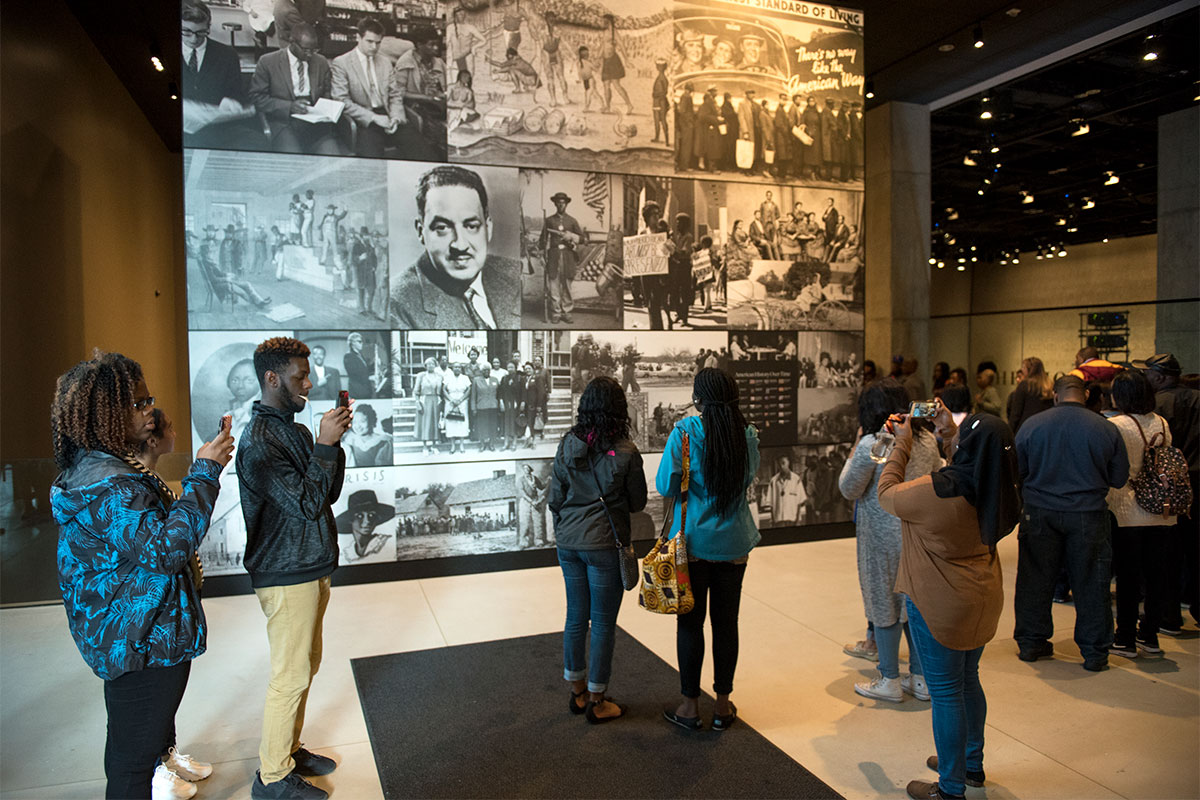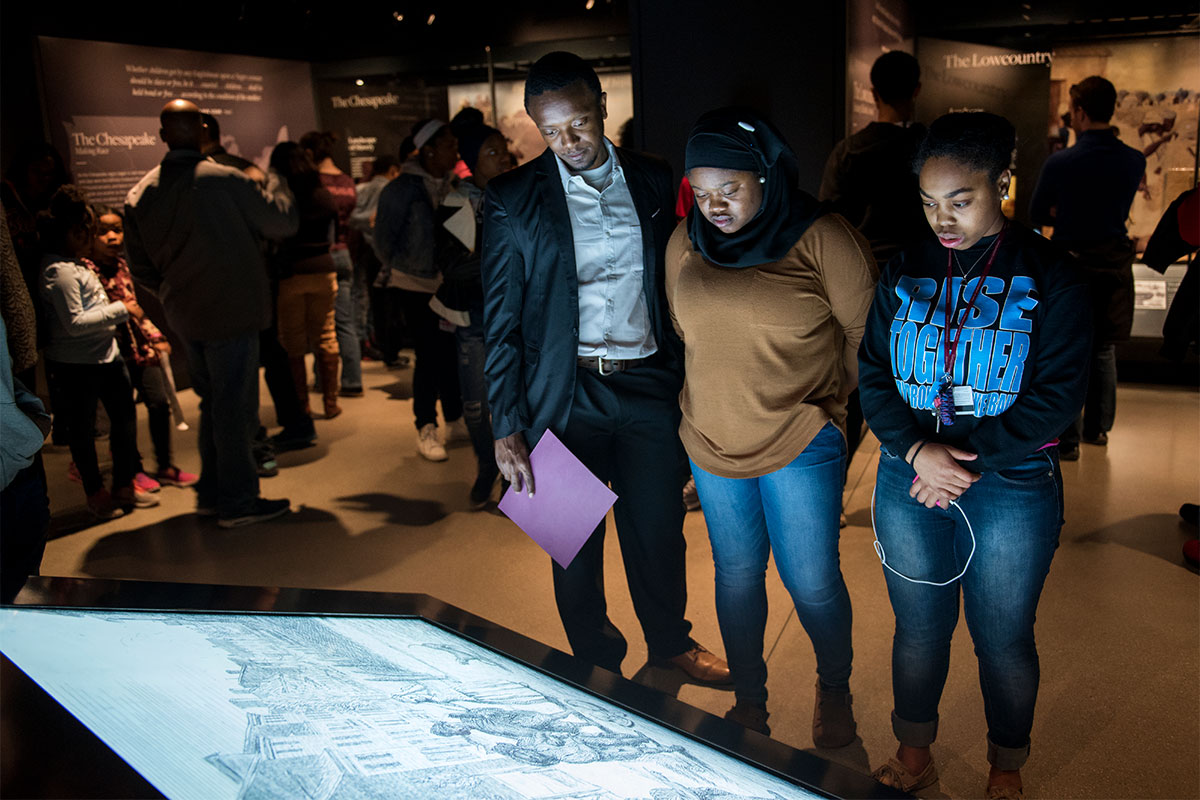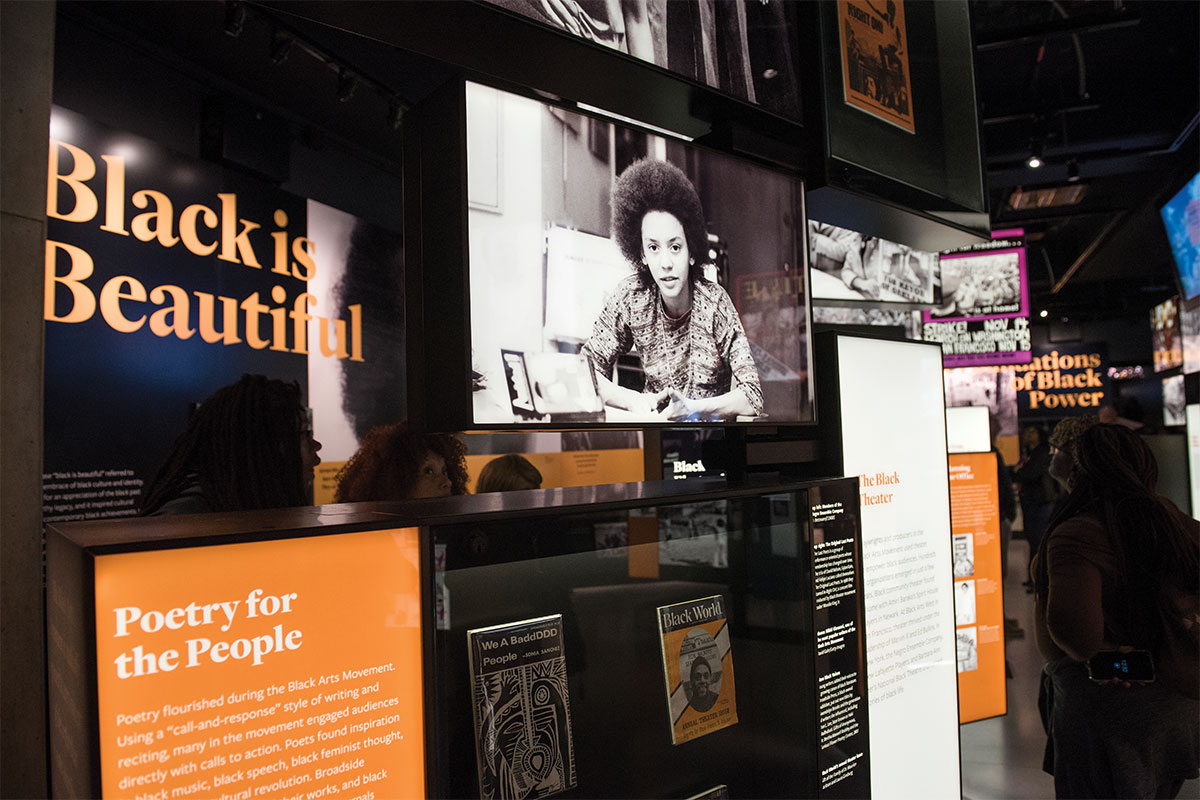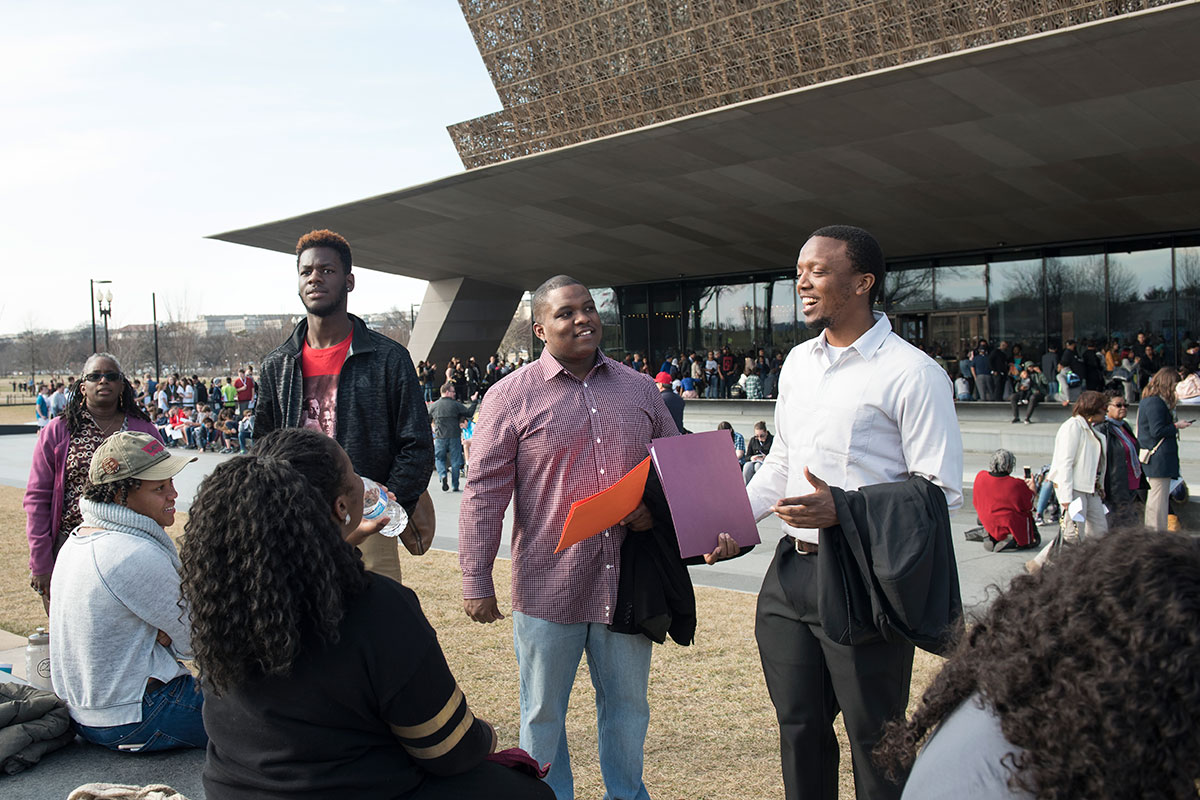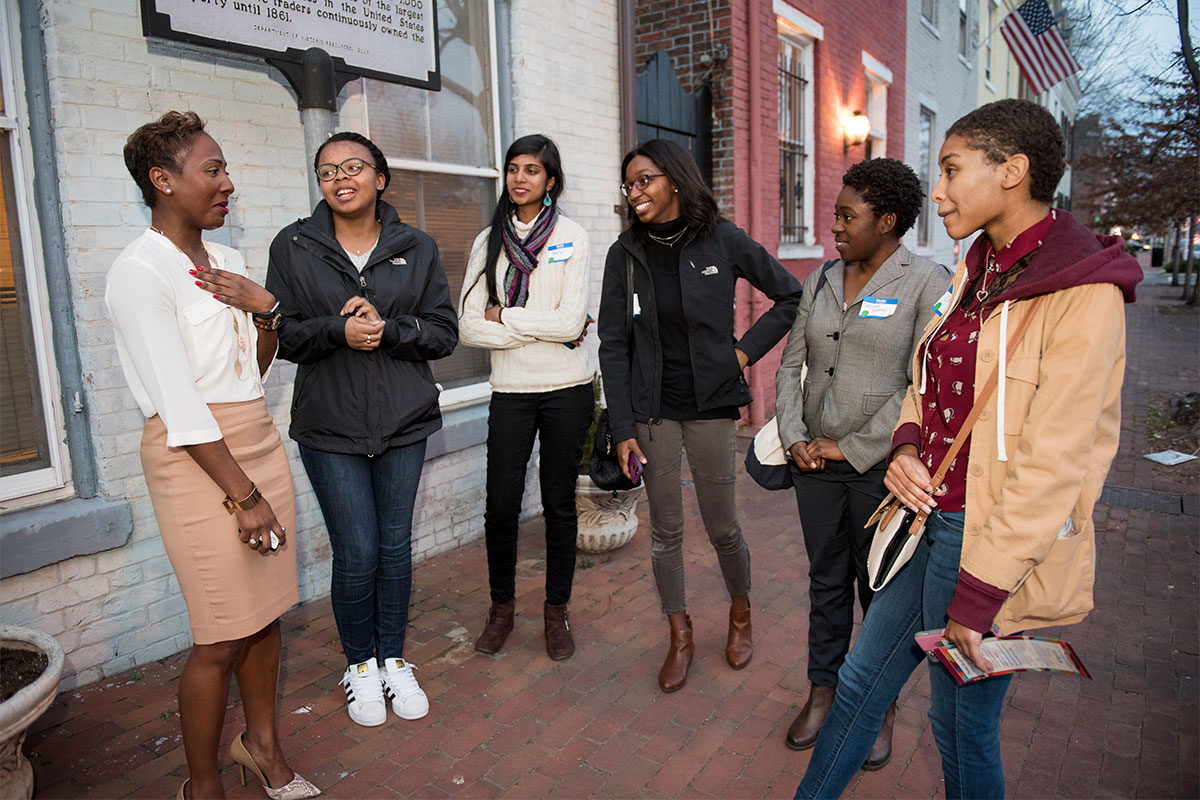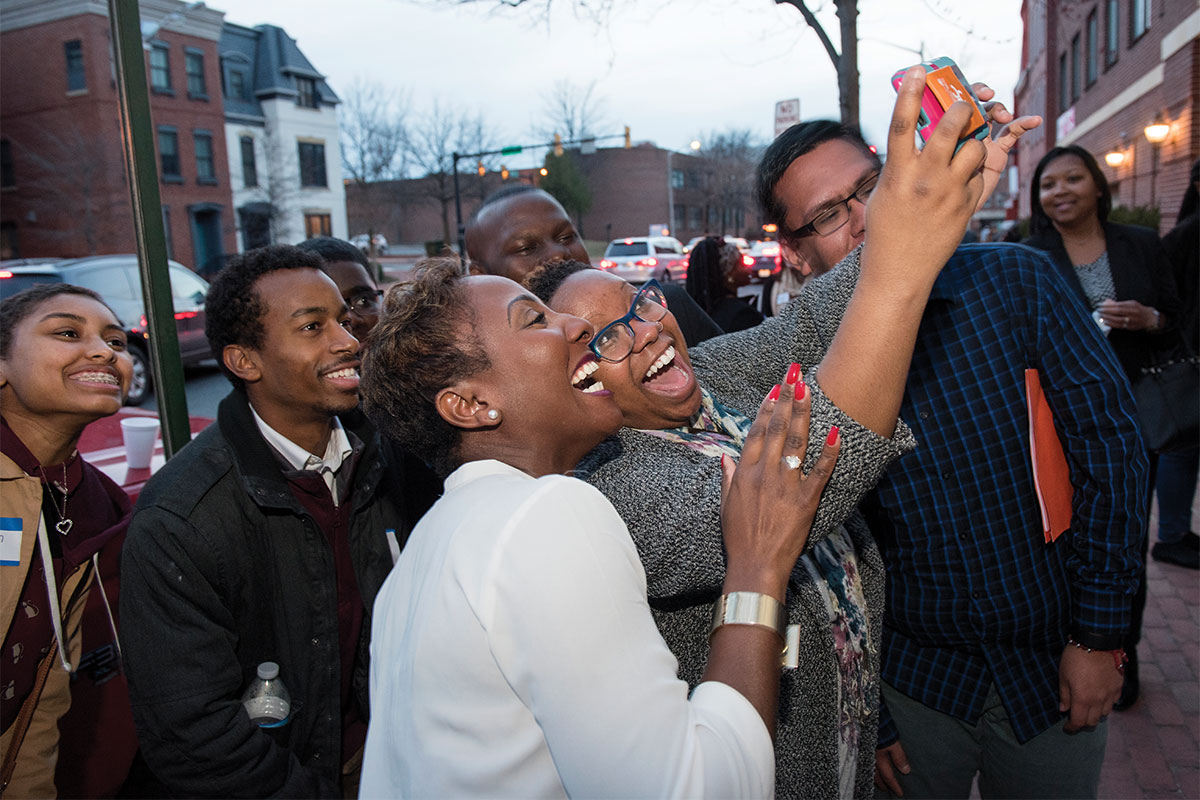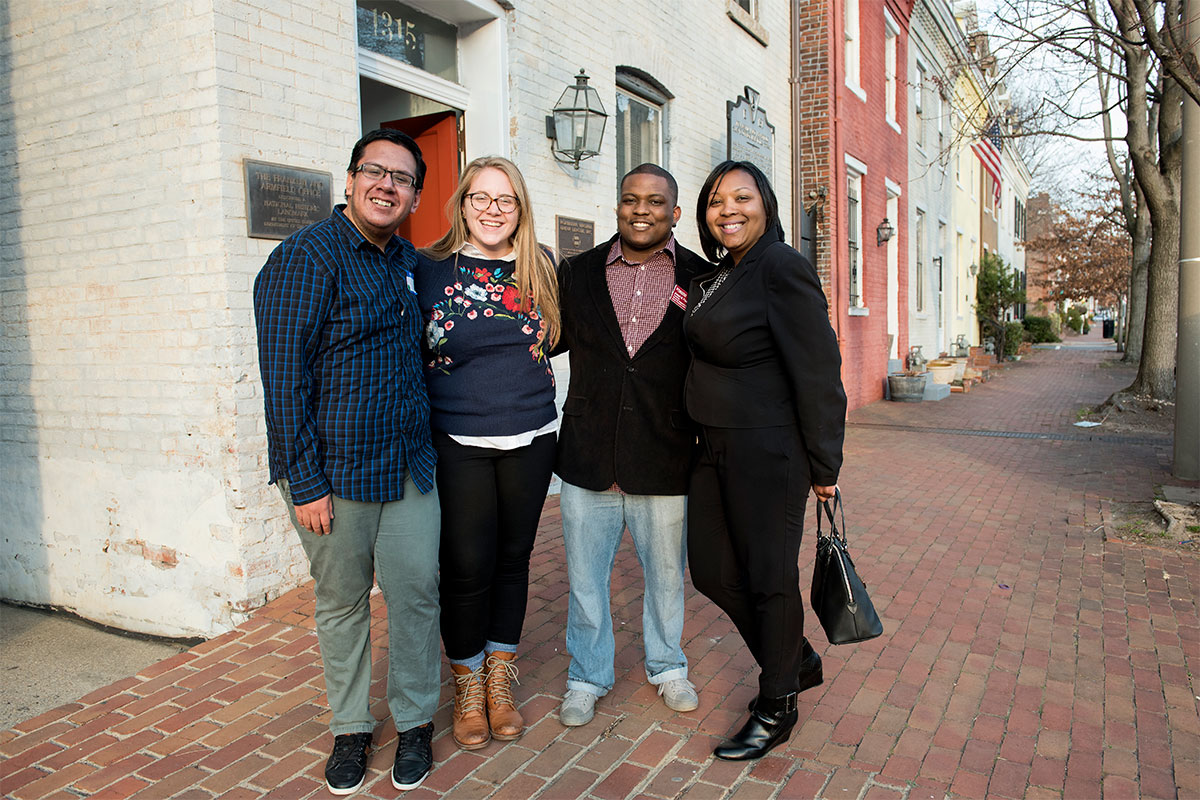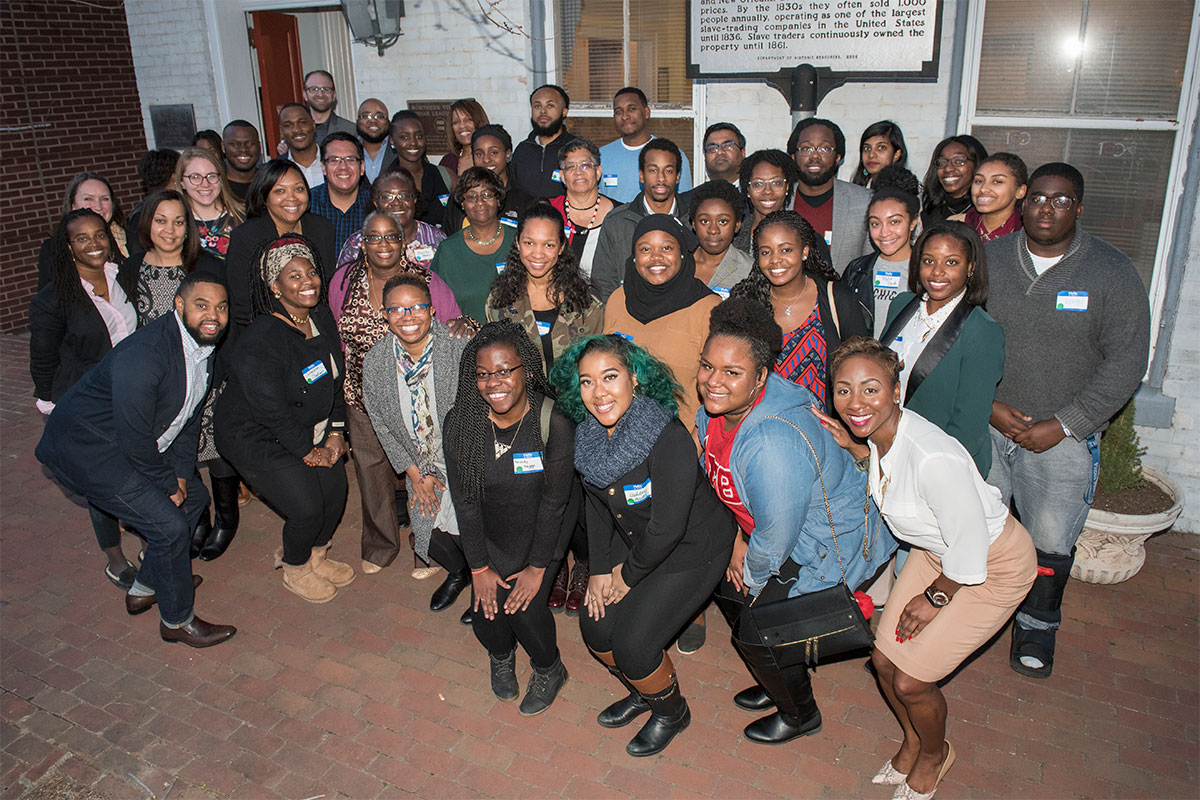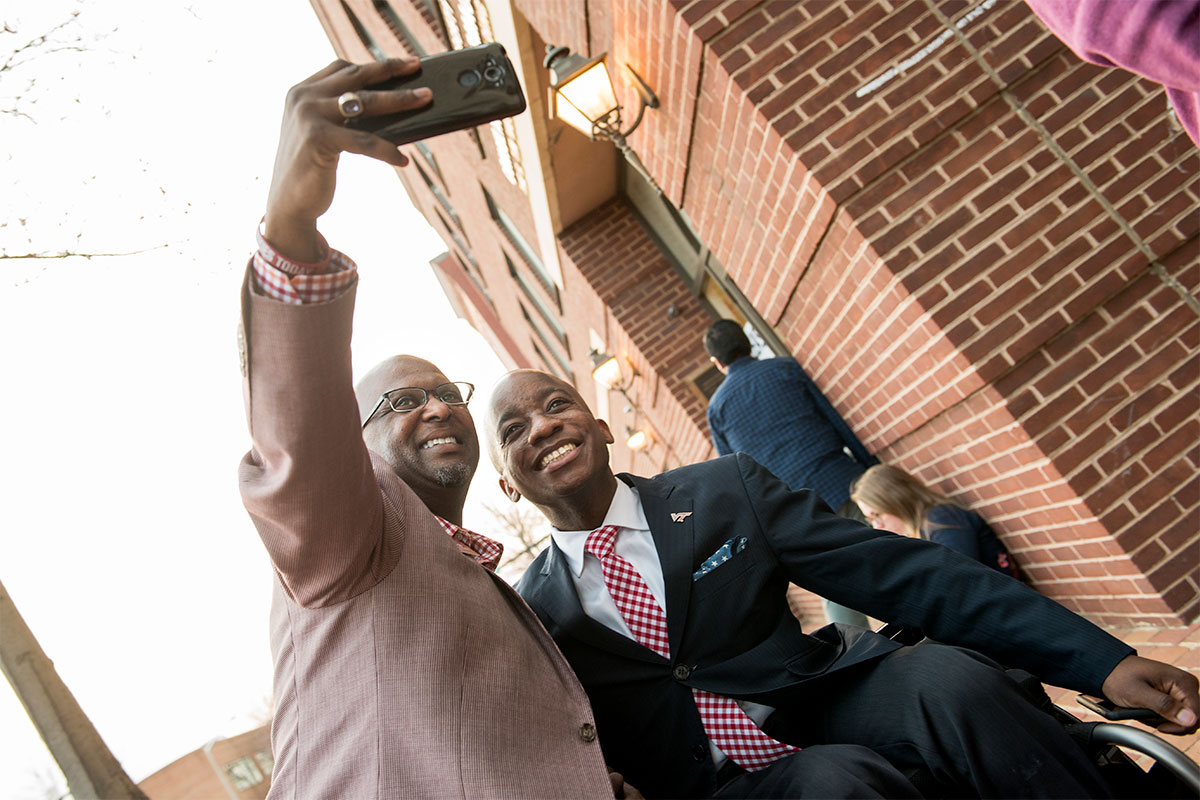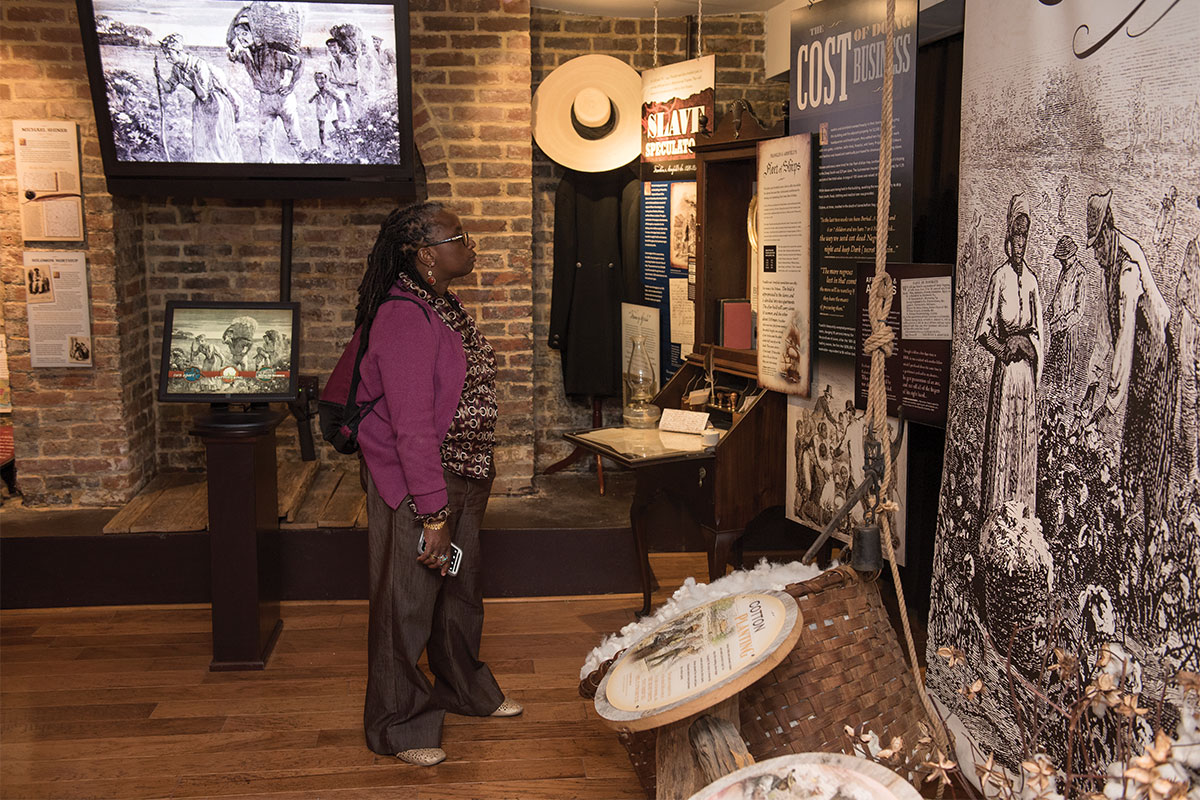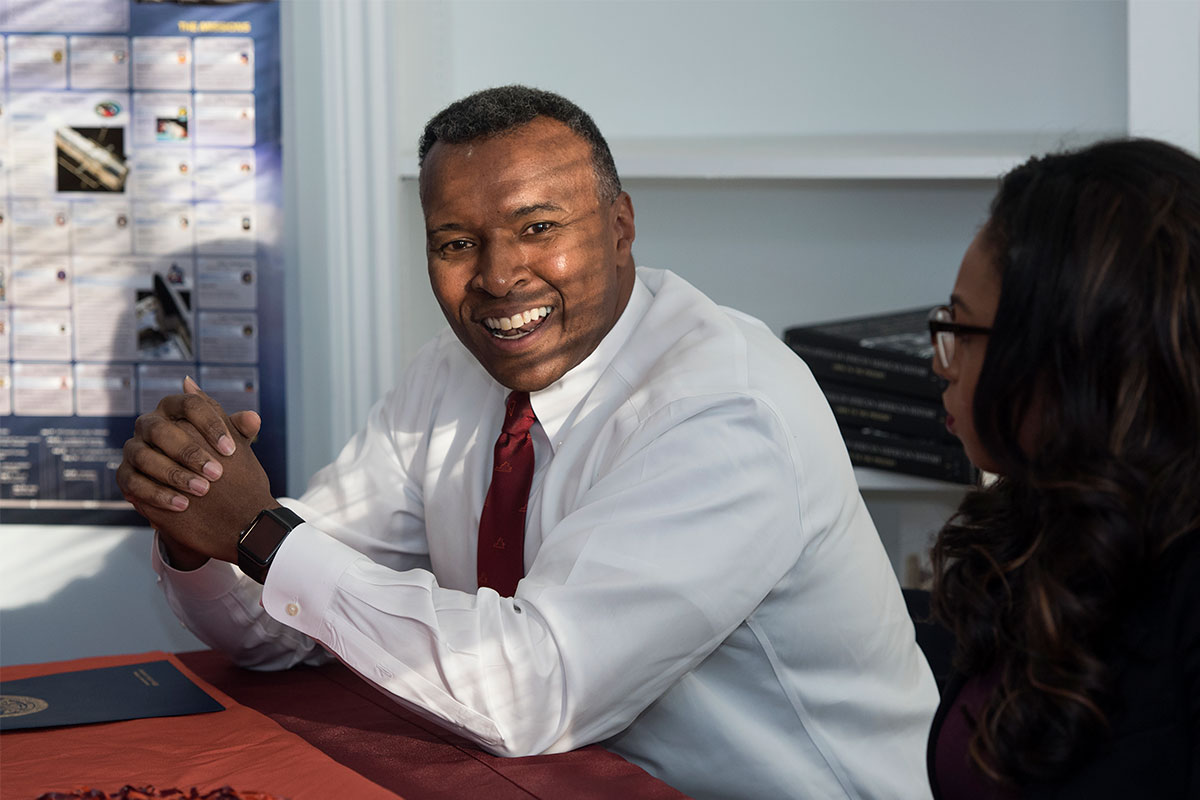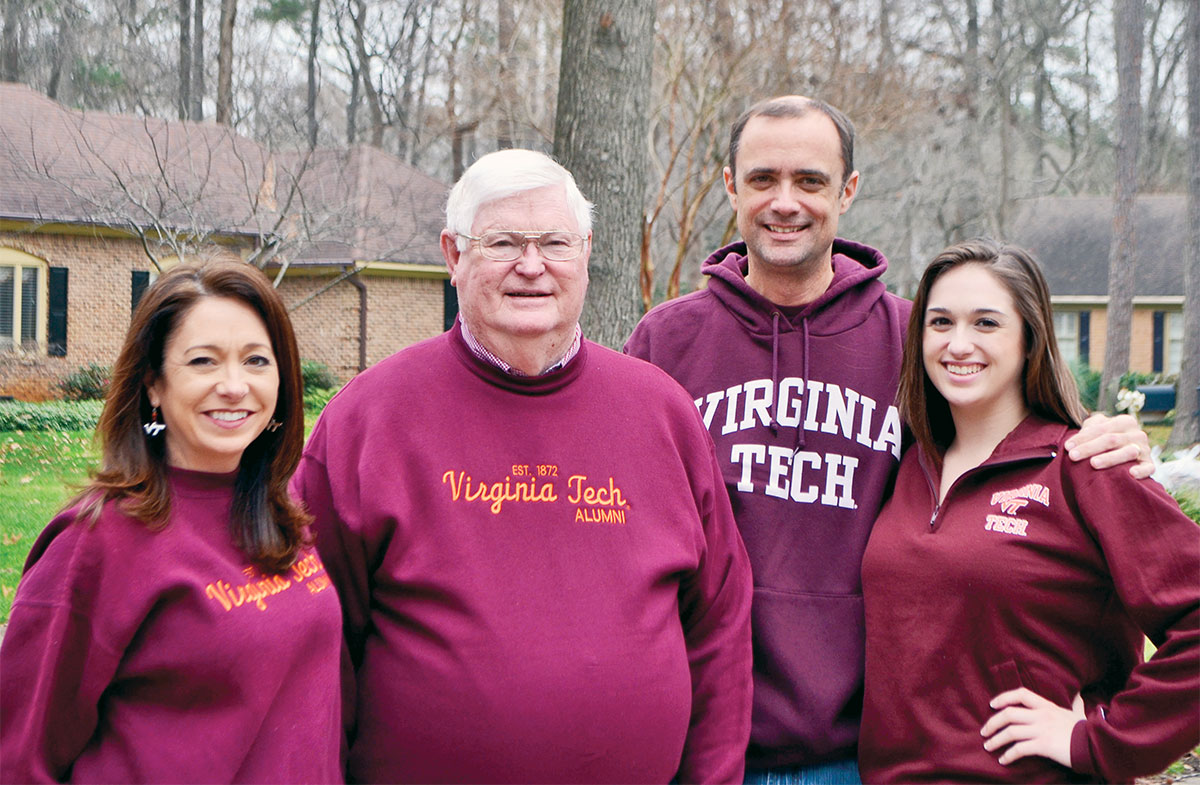
For Lisa Burris '91, O. Wayne Hanks '63, Dean Burris '89, and Ashley Burris, Class of 2020, Hokie Spirit is a family affair.
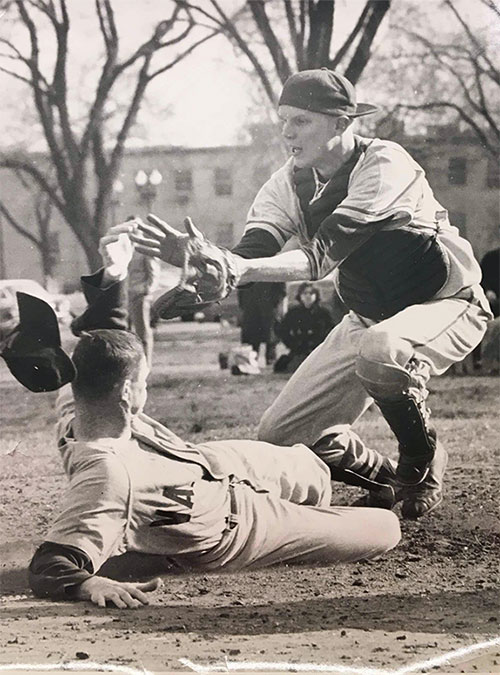
O. Wayne Hanks '63, Hokies baseball
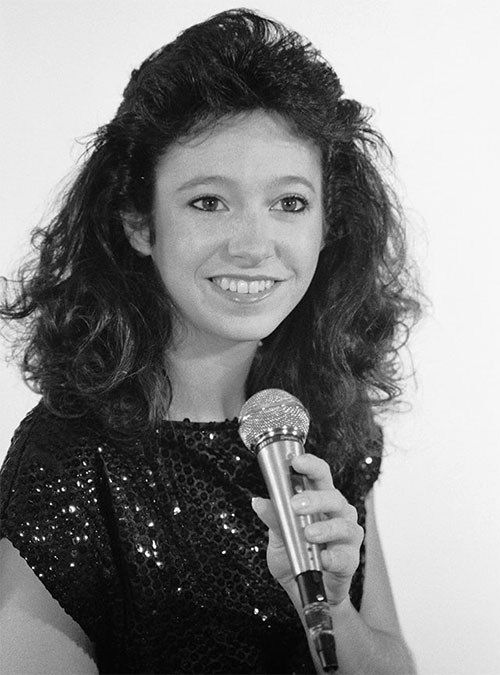
Lisa Burris '91, New Virginians
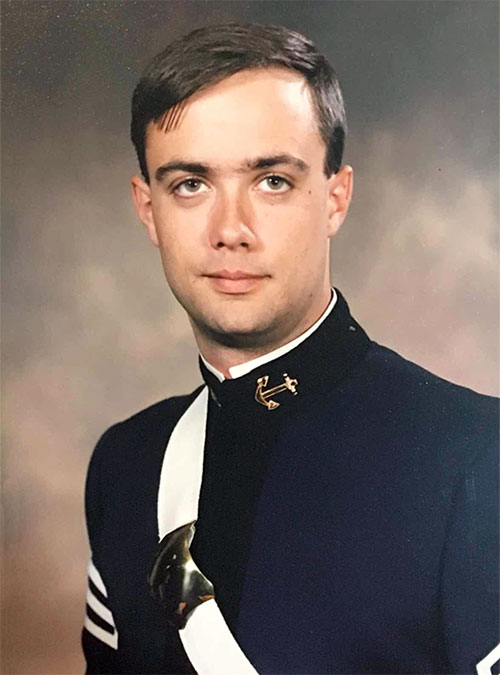
Dean Burris '89, Corps of Cadets
Often, Hokie Spirit is passed down from one generation to the next. That's certainly true for Ashley Burris of Virginia Beach, Virginia, a third-generation Hokie who began her Virginia Tech experience this past fall.
In her college selection process, Virginia Tech was an easy choice; both of Ashley's parents are alumni, as is her grandfather. Ashley, who is studying human nutrition, foods, and exercise, with an eye toward a career in medicine, never wavered from her dream school. "There really was nowhere else I wanted to go but Virginia Tech," Ashley said. "My whole life I felt I was a Hokie, but I will never forget the day, just before Christmas last year, when it became official. After celebrating with my parents and sister, my first call was to my grandfather, who was just as excited as me." Ashley's grandfather, O. Wayne Hanks (business administration '63), the family's first Hokie, was a stand-out first baseman at Tech.
For Ashley's mother, Lisa Burris (communication '91), Ashley's acceptance was like history repeating itself. Lisa remembers the first time she visited Blacksburg. "My parents and I entered the campus off Prices Fork Road by the golf course, and, as we drove by the Duck Pond and toward the center of campus, I had this overwhelming feeling come over me," she said. "This was home! I never looked back and only applied to Virginia Tech, just like my daughter. When you find your school, you just know it."
As a student, Lisa served as a Hokie Ambassador and was a member of the New Virginians, Virginia Tech's former musical ambassadors. The New Virginians performed across the U.S., including a visit to the White House during Lisa's junior year.
Lisa met her future husband, Dean (liberal arts and sciences '89), at an intramural basketball game in War Memorial Gym. A member of the Corps of Cadets and Alpha Tau Omega fraternity, Dean served as an officer in the U.S. Navy following graduation.
For Hanks and the Burris family, the Virginia Tech experience didn't end with graduation, however.
Now a retired BB&T Corp. executive, Hanks lives with his wife, Betty, in Winterville, North Carolina. A former alumni chapter officer and a member of the Hokie Club, he is also a member of the Monogram Club, a membership organization that honors and engages letter winners to celebrate the traditions and promote the value of the Virginia Tech student-athlete experience.
Dean and Lisa live in Virginia Beach, Virginia, with their younger daughter Allison. Lisa is an independent marketing and corporate communications consultant, working primarily in health care. Dean is a senior account specialist with Allergan Inc. Former alumni chapter board members, they serve on the Division of Student Affairs' Parent Committee. Parent Committee members study issues, offer assistance, and act as liaisons between families and the university.
"Families like Lisa and Dean Burris are the silent heroes of Student Affairs," said Penny Helms White, chief advancement officer and director of family and alumni relations in the Division of Student Affairs. "It's no secret that a family's support greatly benefits the student. But when families go above and beyond to support Student Affairs as a whole, the services and initiatives we provide to all Virginia Tech students multiply. [Family] commitment to the university is invaluable."
It's a legacy passed on from Hokie to Hokie, generation to generation.
Holly Paulette is a writer for the Division of Student Affairs.

David Long '91, '92
David Long (engineering science and mechanics '91, industrial and systems engineering '92) planned to be a systems engineer. "I was on the path to a Ph.D. in industrial engineering with a focus on systems," he said. "I never intended to start a company."
In 2017, however, the company that he founded — Vitech — celebrated its 25th anniversary.
In 1991, Long developed a software program to meet the requirements for a senior project. "Systems engineering was my field of interest," said Long. "Programming was my hobby. Combining the two made for an interesting capstone design project."
Long's vision was to create a tool to support the full systems engineering process. He began the project as a tool for academic use, but as he pursued his graduate studies, he continued to refine it. He tried to license the developing program through an existing company, but eventually opted to manage and market it himself. Known as CORE, that program is now a leading systems software environment used around the world.
Vitech's offices at the Virginia Tech Corporate Research Center allow Long to maintain a strong connection to the university that inspired his success. He is a member of the Virginia Tech Industrial and Systems Engineering Advisory Board and often speaks in classes and at events on campus. Long has served as president of the International Council on Systems Engineering (INCOSE), a 10,000-member professional organization. He shares his expertise as a speaker or guest lecturer at conferences and events in such locations as South Korea, South Africa, France, and Australia.
A group of Virginia Tech students, alumni, faculty, and staff participated in a cultural excursion to the National Capital Region this spring. Participants visited the Smithsonian's National Museum of African American History and Culture in Washington, D.C., and made stops at the Northern Virginia Urban League Young Center and the Freedom House Museum in Alexandria, Virginia.
The trip was made by representatives from several Tech departments and programs, including the Intercultural Engagement Center, Division of Student Affairs, Moss Arts Center, Virginia Tech Alumni Association, Black Organizations Council, Black Cultural Student Workers, Black Caucus, National Urban League, and Office for Inclusion and Diversity.
5 Things
Pirates were people, too
Pirates were people, too
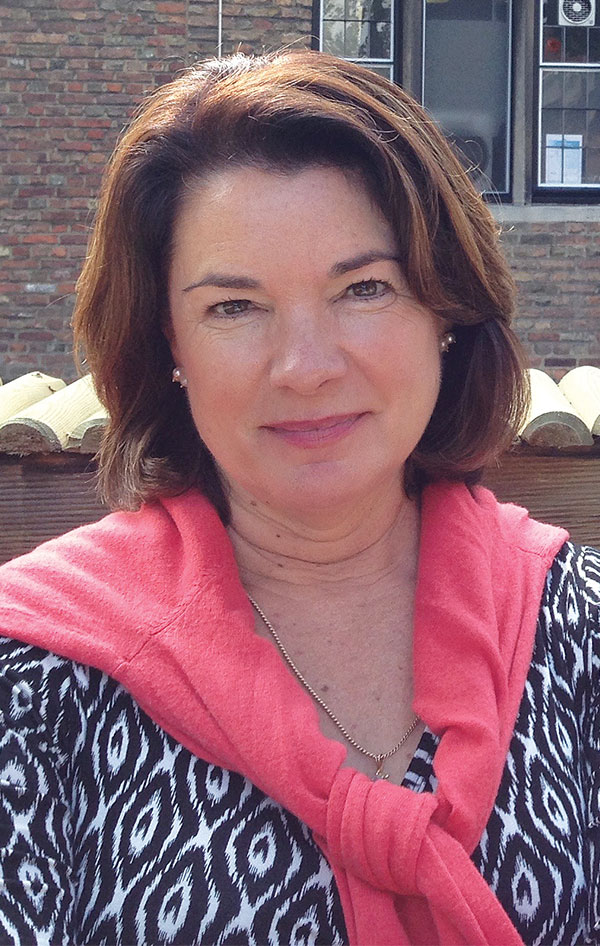
Daphne Palmer Geanacopoulos '79
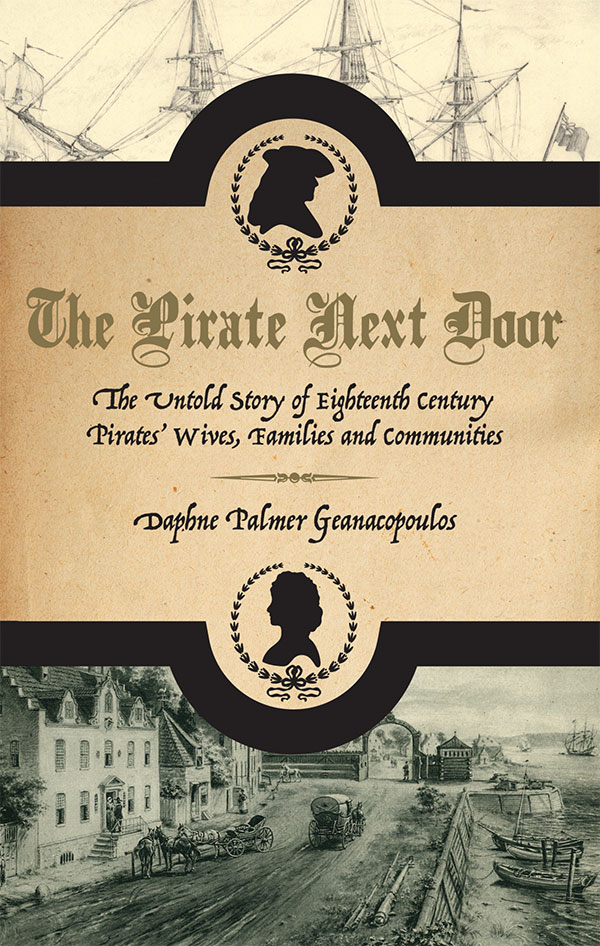
"The Pirate Next Door"
In late March 1717, as part of a gang of nearly 250 pirates who'd spent the year raiding ships in the Caribbean, Capt. Paulsgrave Williams sailed north up the coast of New England in the Marianne, a blue-and-yellow-painted sloop.
Detouring from the planned rendezvous point, Williams sailed home to see his mother and sisters. Meanwhile, his partner's ship was caught in a storm and wrecked on the Cape Cod shore, killing all but two of its 144-member crew.
The incident captured the imagination of Daphne Palmer Geanacopoulos (English '79), who became interested in pirates while researching a story for The New York Times about the Whydah Pirate Museum in Provincetown, Massachusetts. After transcribing more than 250 documents and identifying 80 pirates who were married, she wrote a book, "The Pirate Next Door: The Untold Story of Eighteenth Century Pirates' Wives, Families and Communities," recently published by Carolina Academic Press.
"I developed a more complete and nuanced history of piracy and discovered that the lives of pirates, while indeed colorful, were often quite different from those of their literary and cinematic counterparts," Geanacopoulos said.
Here are five things Geanacopoulos learned while writing "The Pirate Next Door":
1) Pirates didn't ordinarily fly the Jolly Roger, the black skull-and-crossbones flag.
"Pirates didn't go around with that flag up all the time. They only hoisted it when they attacked. Pirates carried flags from all nations to fool merchant ships. Just before they approached, they'd hoist their Jolly Roger. A smart merchant captain would immediately surrender."
2) Many captains customized their own versions of the Jolly Roger.
"Each pirate captain designed his own flag, somewhat like personalized stationary, and there were 15 to 20 different flags. Some captains flew the traditional skull and crossbones; others flew a skeleton with a heart."
3) Pirates had their own mail system.
"The pirates' 'post office' was under a large rock with a hole in it located near where the ships came in on Ascension Island, a small remote island in the South Atlantic. New York Merchant captains trading with the pirates in Madagascar dropped off and picked up the pirates' mail on Ascension Island on a regular basis."
4) Pirates maintained a highly developed code of honor.
"People think pirates were just cutthroat thieves, but they were a very close brotherhood. If a pirate was killed in action or died from disease, a fellow pirate would smuggle the victim's share of the booty halfway across the world to return it to his wife and family or next of kin."
5) The wives of pirates were intensely loyal, strong, and independent.
"The wives didn't always know their husbands were pirates. When they left port, they could have been ordinary sailors who turned pirate at sea. But the loyalty of these women is what I saw in their letters. I also saw that they suffered greatly because their husbands were gone for so long. There was an organization to protect and take care of Navy wives, but these women were on their own, trying to survive."
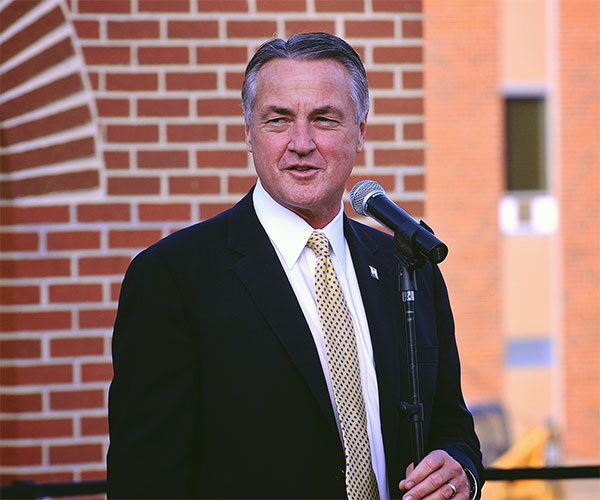
Robert A. Wharton Jr. in 2012. Photo courtesy of the South Dakota School of Mines and Technology.
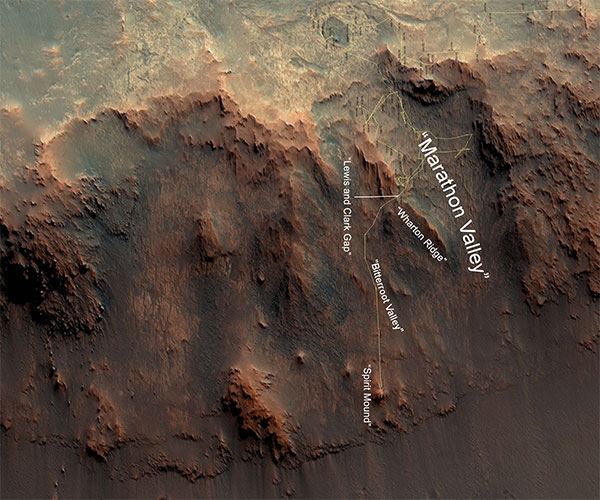
An overhead view of Mars' Wharton Ridge. Image courtesy of NASA/JPL-Caltech/Cornell University/Arizona State University.
A ridge along the planet Mars' Marathon Valley has been named after Virginia Tech alumnus Robert A. Wharton Jr.
The ridge was named by NASA's Mars Exploration Rover Opportunity team to recognize Wharton's pioneering work in the use of terrestrial analog environments, particularly in Antarctica, where he studied scientific problems that could be equated to research on the likelihood of sustaining life on Mars.
Wharton, who died in 2012, earned a doctoral degree in botany from the Department of Biological Sciences in 1982. During his long career, he served as a visiting senior scientist at NASA headquarters, vice president for research at the Desert Research Institute in Nevada, provost at Idaho State University, and president of the South Dakota School of Mines and Technology. He was awarded the United States Antarctic Service Medal from Congress and served on the National Research Council's Polar Research Board.
More about Wharton and his research →
Steven Mackay is the commuications director for the College of Science.
Class Notes
- Alumni Commentary
- Alumni Profiles
- Alumni Travel
- Class Notes
- Family
- Retro
- Still Life
